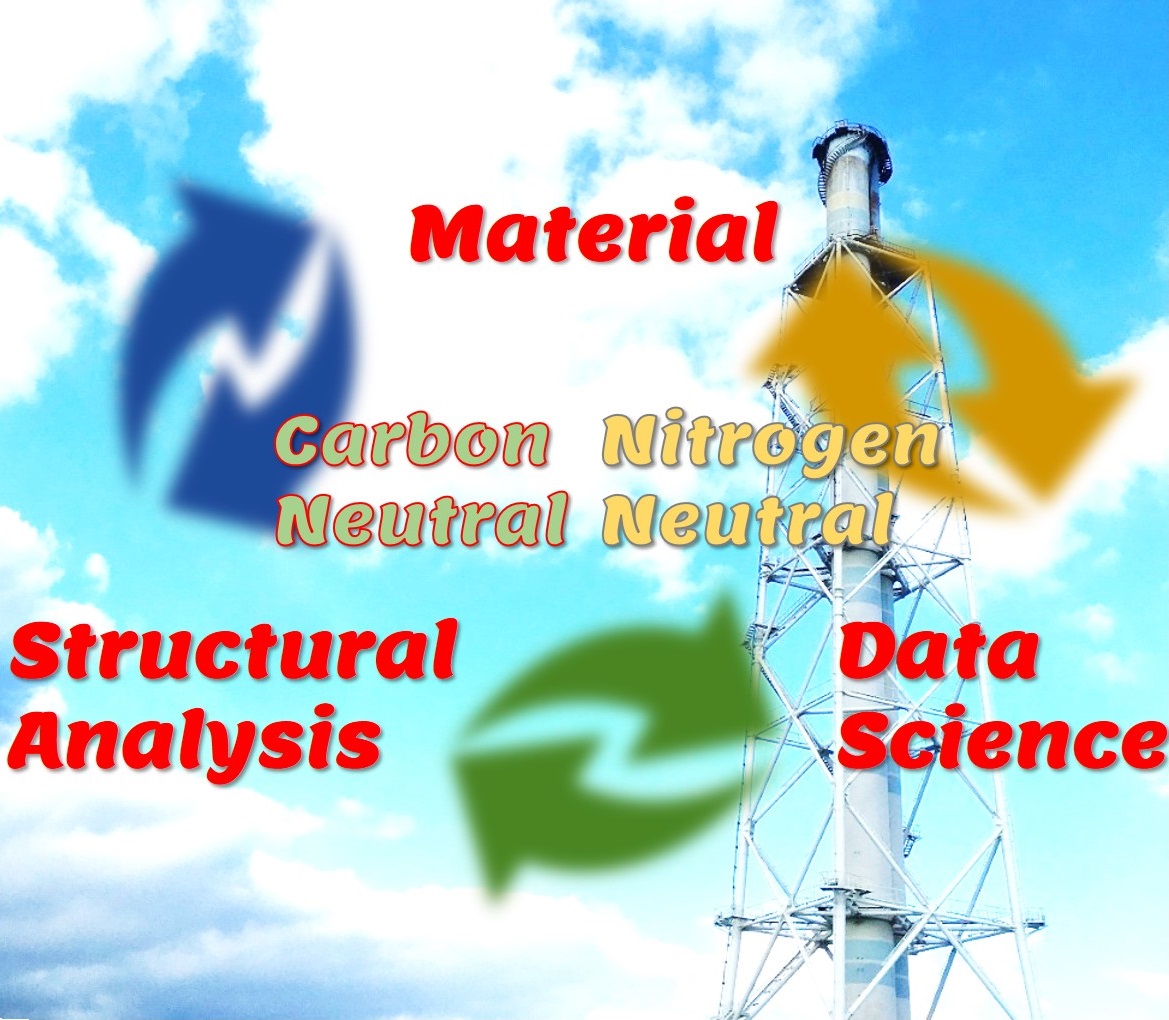Catalytic Transformation Research Division
Material transformation by precisely designed solid catalysts
![]() Toru MURAYAMA
Toru MURAYAMA ![]() Akira Oda
Akira Oda ![]() Hiroya Ishikawa
Hiroya Ishikawa
We are engaged in research that contributes to nitrogen neutrality and carbon neutrality for sustainable development. In research contributing to nitrogen neutrality, for example, we are developing NH3-SCR catalysts that convert nitrogen oxides (NOx) contained in exhaust gas from stationary boilers at low temperatures below 150C, and NH3-SCO catalysts that detoxify low-concentration ammonia, which causes bad odor and air pollution, at low temperature. In research contributing to carbon neutrality, we are developing catalysts that can efficiently reduce CO2 to methanol.
In addition, we are studying gold catalysts. We are developing gold nanoparticle catalysts that oxidize CO to CO2 at room temperature, as well as their applications and reaction mechanisms. We are also investigating gold single-atom catalysts with precisely designed supports, to create advanced nanomaterials for material transformation.
 |
